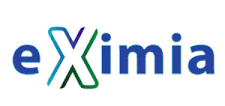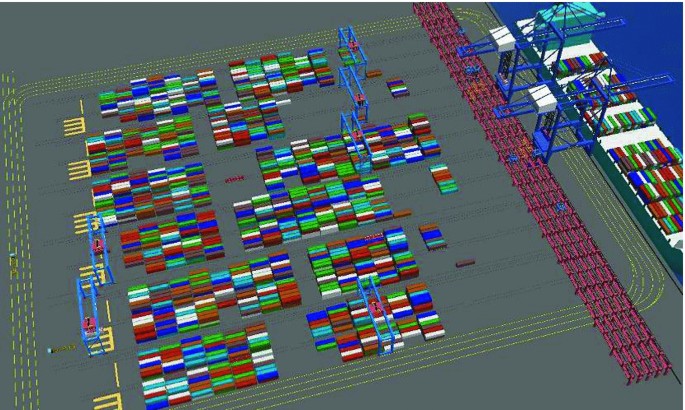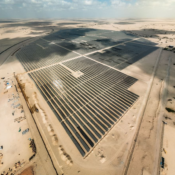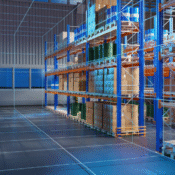In Saudi Arabia’s growing export landscape, maintaining product integrity during transport is a key factor in meeting international standards and building a reputation for reliability. Jeddah, as the Kingdom’s primary maritime hub, handles a vast volume of temperature-sensitive goods — from pharmaceuticals and food to chemicals and cosmetics. Ensuring these products maintain their required thermal conditions throughout storage and shipping is not just good practice — it’s a legal and commercial necessity.
This is where the Temperature Mapping Study plays a vital role.
At Eximia360, we specialize in providing temperature mapping study services across Saudi Arabia — including Jeddah, Dammam, and Riyadh. Our team ensures that every part of your supply chain — from warehouse to port — operates within the defined temperature range, ensuring compliance with international export regulations. Learn more at www.Eximia360.com.
Here are five key ways temperature mapping ensures export compliance in Jeddah ports and supports businesses in achieving global trust and efficiency.
1. Ensuring Compliance with International Export Regulations
Exporters dealing with pharmaceuticals, food, or medical supplies must comply with global standards such as GDP (Good Distribution Practices) and WHO guidelines.
A temperature mapping study verifies that every storage area and refrigerated container maintains consistent temperatures within the specified range.
At Eximia360, we conduct detailed mapping across warehouses, reefers, and port storage areas to identify any hot or cold spots that might compromise product quality. This helps companies meet audit requirements for exporting goods to Europe, Asia, and beyond.
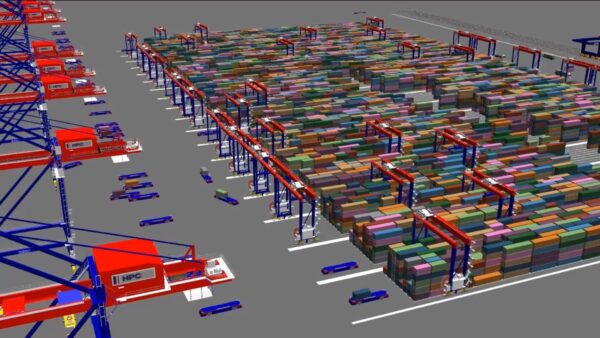
2. Protecting Product Integrity During Storage and Loading
Temperature fluctuations can occur when goods are transferred between cold storage and port loading zones.
Our temperature mapping studies help detect these critical points where temperature shifts may threaten product stability.
Through continuous monitoring and data analysis, Eximia360 helps exporters establish protocols to maintain stable conditions — whether it’s in a frozen container of seafood, a reefer carrying pharmaceuticals, or a storage area for high-value perishable goods.
3. Enhancing Transparency for Customs and Auditors
One of the major benefits of conducting a temperature mapping study is documentation.
Our comprehensive reports provide traceable evidence of temperature control — including sensor placement maps, calibration certificates, and recorded data.
This transparency allows companies to demonstrate full compliance to customs authorities, quality auditors, and overseas buyers.
For exporters in Jeddah, this documentation not only speeds up clearance processes but also builds stronger trust with international partners.
4. Reducing Shipment Rejections and Financial Losses
Even minor temperature deviations can lead to cargo rejection at international destinations — resulting in major financial losses.
By using temperature mapping studies, exporters can identify and correct environmental inconsistencies in advance.
At Eximia360, we utilize real-time data loggers and advanced sensors that capture accurate readings in multiple zones. This ensures every part of the shipment remains within the required thermal parameters, preventing spoilage, waste, and costly delays at customs.
5. Supporting Sustainable and Smart Logistics
In line with Saudi Vision 2030, the country is moving toward smarter and more sustainable logistics systems.
Temperature mapping studies contribute to this vision by enabling data-driven efficiency in energy use and logistics planning.
By analyzing temperature data from ports like Jeddah Islamic Port, Eximia360 helps logistics providers optimize their cold chain operations, reduce energy consumption, and maintain eco-friendly export practices — without compromising compliance or product quality.
Conclusion
In an export-driven economy like Saudi Arabia’s, maintaining the right temperature across every step of the supply chain is not just a technical requirement — it’s a strategic advantage.
Temperature mapping studies are the backbone of export compliance, helping businesses in Jeddah, Dammam, and Riyadh uphold product quality, meet international standards, and strengthen their global reputation.
At Eximia360, we combine precision technology, expert validation, and compliance insight to ensure your temperature-sensitive products are handled with confidence from port to destination.
Visit www.Eximia360.com to learn more about how our temperature mapping services can support your business and secure your exports with complete reliability.
